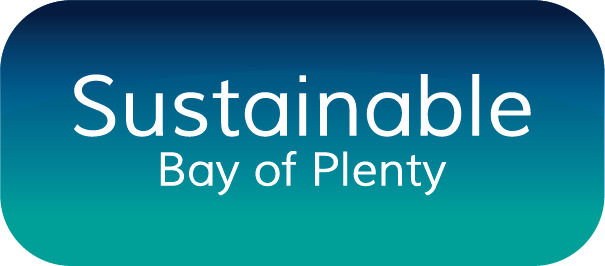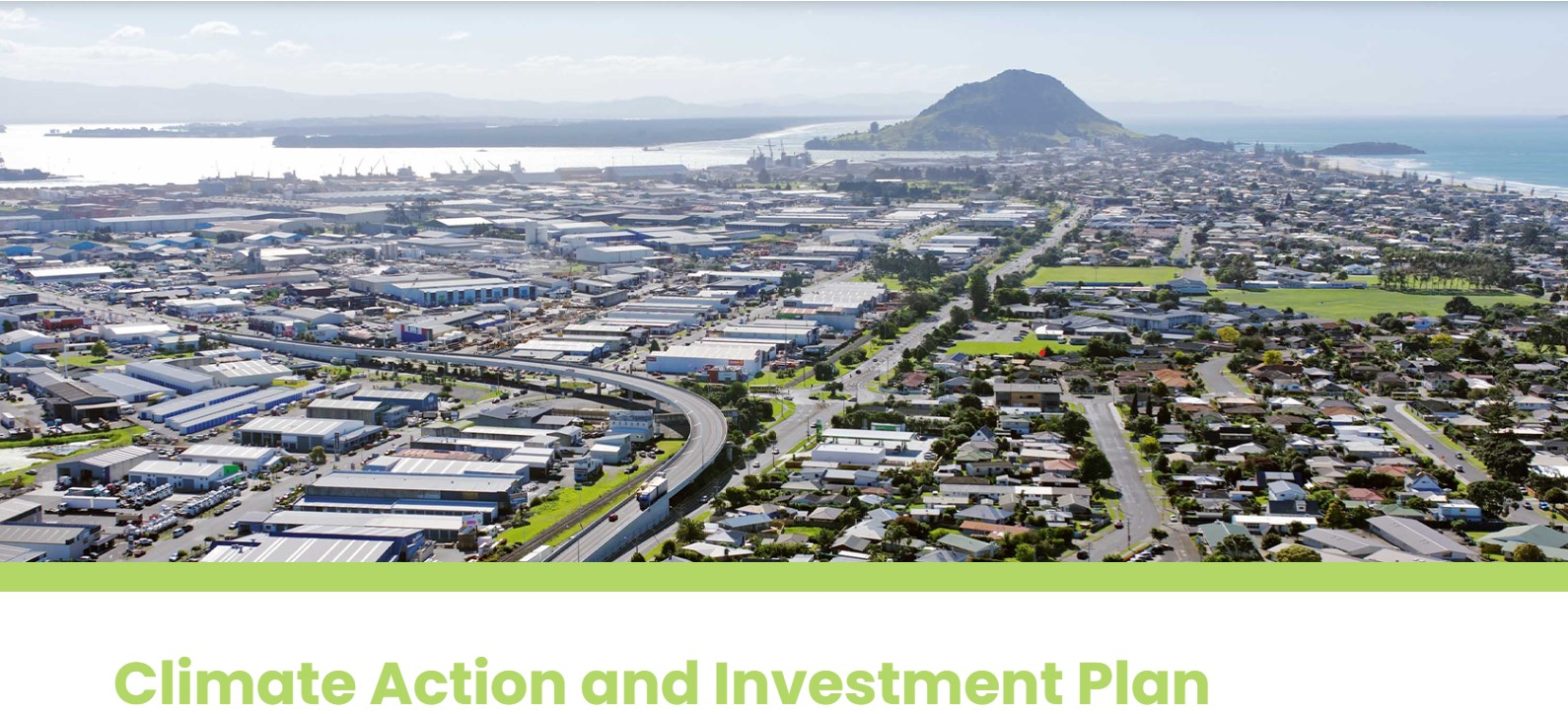This is just a brief summary of some of the key initiatives relating to climate change in NZ and the Bay of Plenty. To learn more, come along to one of the Climate Change Info Sessions we running across Tauranga in early June.
Firstly, the Climate Change Commission is consulting on its proposed “advice to inform the strategic direction of the Government’s second emissions reduction plan”. That’s quite a mouthful, but just know that every 5 years the government releases a new 5-year Emissions Reduction Plan (ERP) – we are currently in the first ERP period from 2021-25, so the second plan will cover the 2026-30 period.
The Climate Change Commission is an independent Crown agency that helps to guide the government and the country “to take strong and decisive action to address climate change”. So this is your chance to give feedback on the Commission’s advice to central government.
Later this year, central government will receive the Commission’s final version of their advice and produce the official Emissions reduction Plan for 2026-2030.
Secondly, BOP Regional Council has undertaken a lot of good work on climate change in recent years. The council released a 10-year Climate Change Action Plan in 2021 and have just published a Bay of Plenty Climate Change Risk Assessment for the region.
There is lots of interesting information in this assessment, so click on the links on that webpage that interest you – you can even get summaries of the risks for each district.
Thirdly, Bay of Plenty councils have combined forces to launch the Future Fit tool here in the Bay. See here for more details, or come along to Tauranga Green Drinks at Basestation on Thursday 22nd June 5pm. We’re partnering with Tauranga City Council for this Green Drinks and they’ll be able to tell you how you can use Future Fit to help reduce your carbon footprint.
Finally, Tauranga City Council’s Draft Climate Action and Investment Plan is open for feedback until Thursday 15th June. This is Tauranga’s first climate plan, so it’s a great opportunity to send your feedback into TCC.
Whakatane District Council, Rotorua Lakes Council and Western BOP District Council already had climate action plans or strategies. Whakatane has a target to reduce its district’s overall CO2 emissions to net zero by 2030, while Rotorua is aiming to cut CO2 by 30% by 2030.
All BOP councils are undertaking work to cut their council’s own emissions and to support community action on climate change. Please get in touch with your council if you’d like to find out more.

